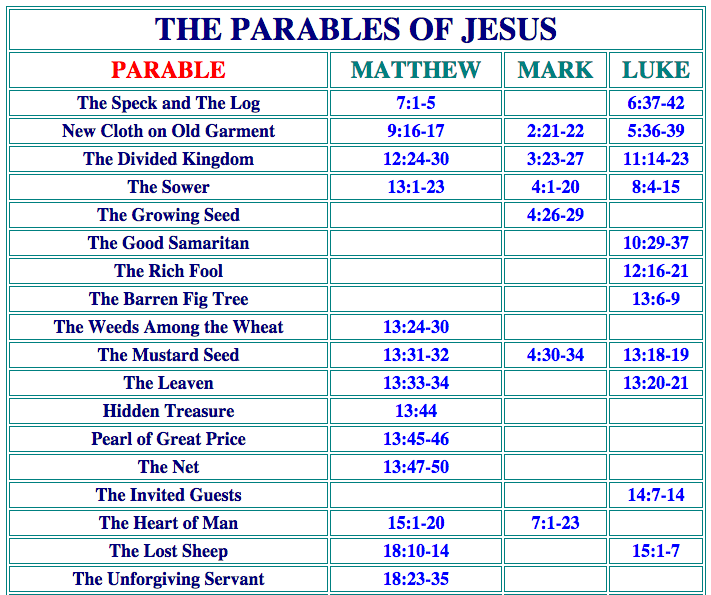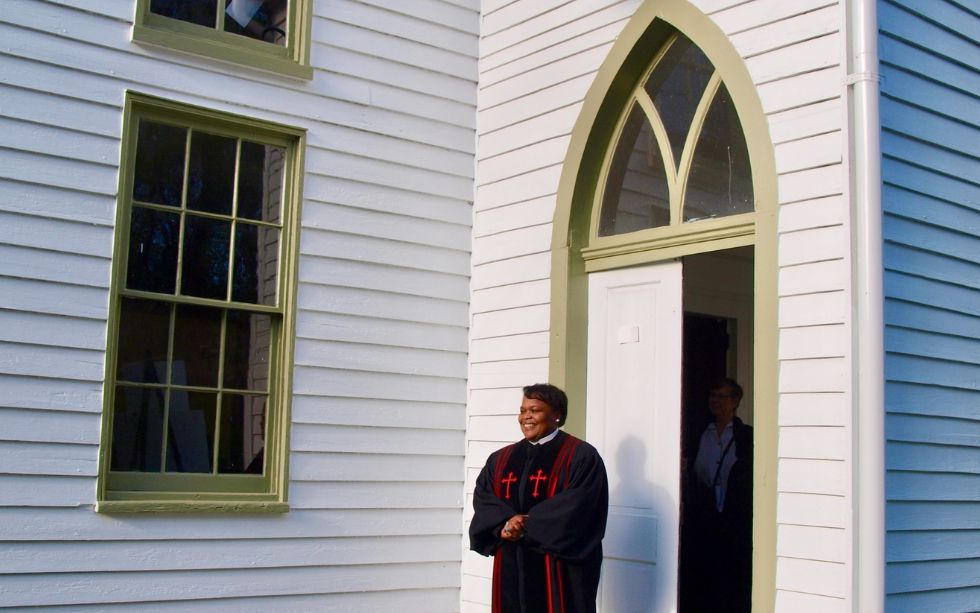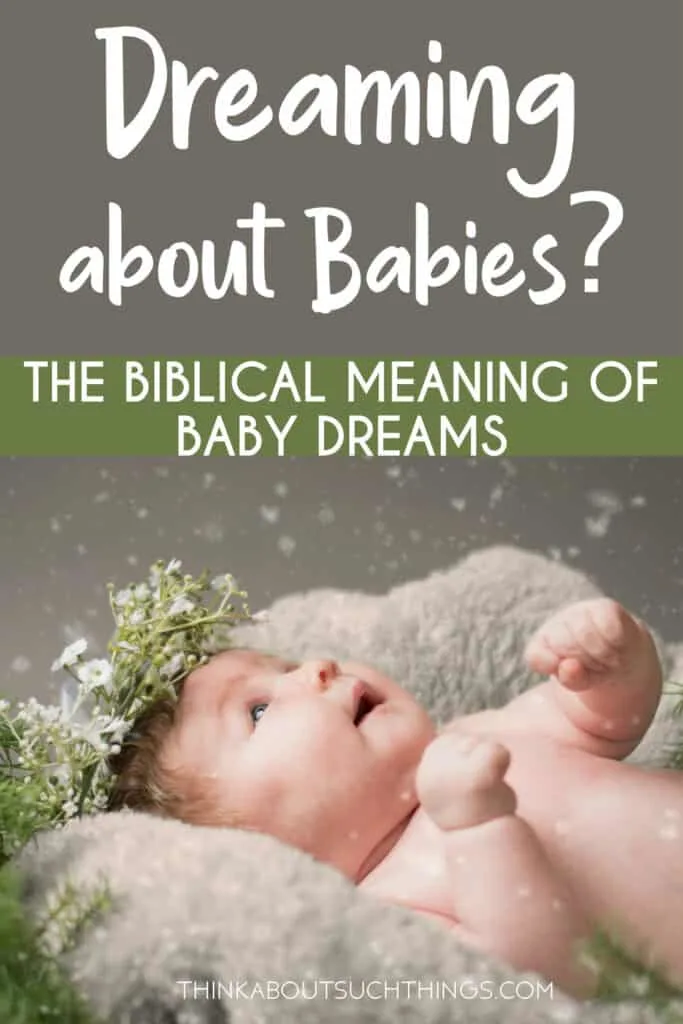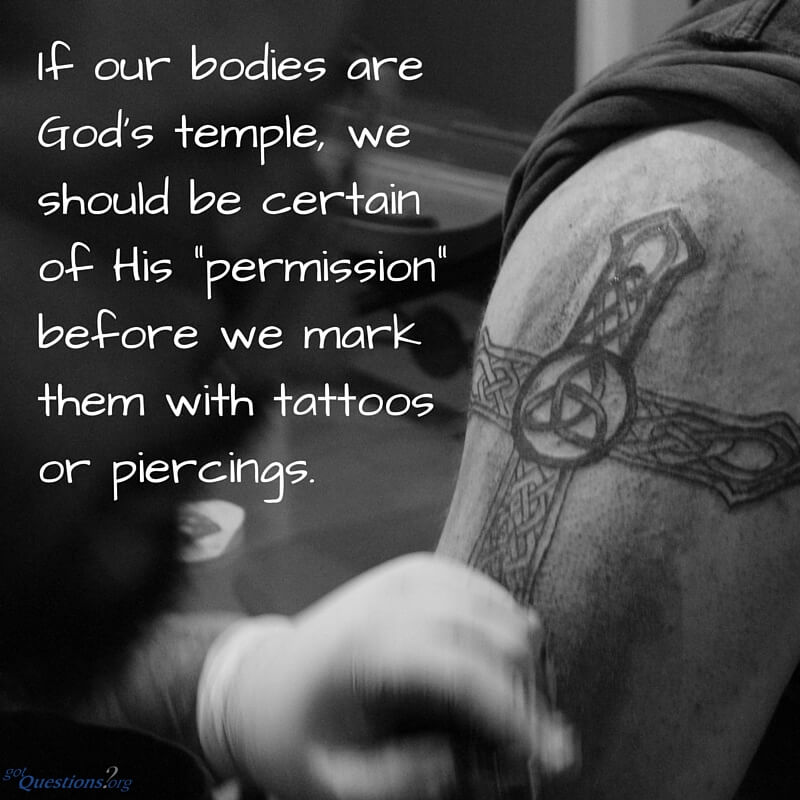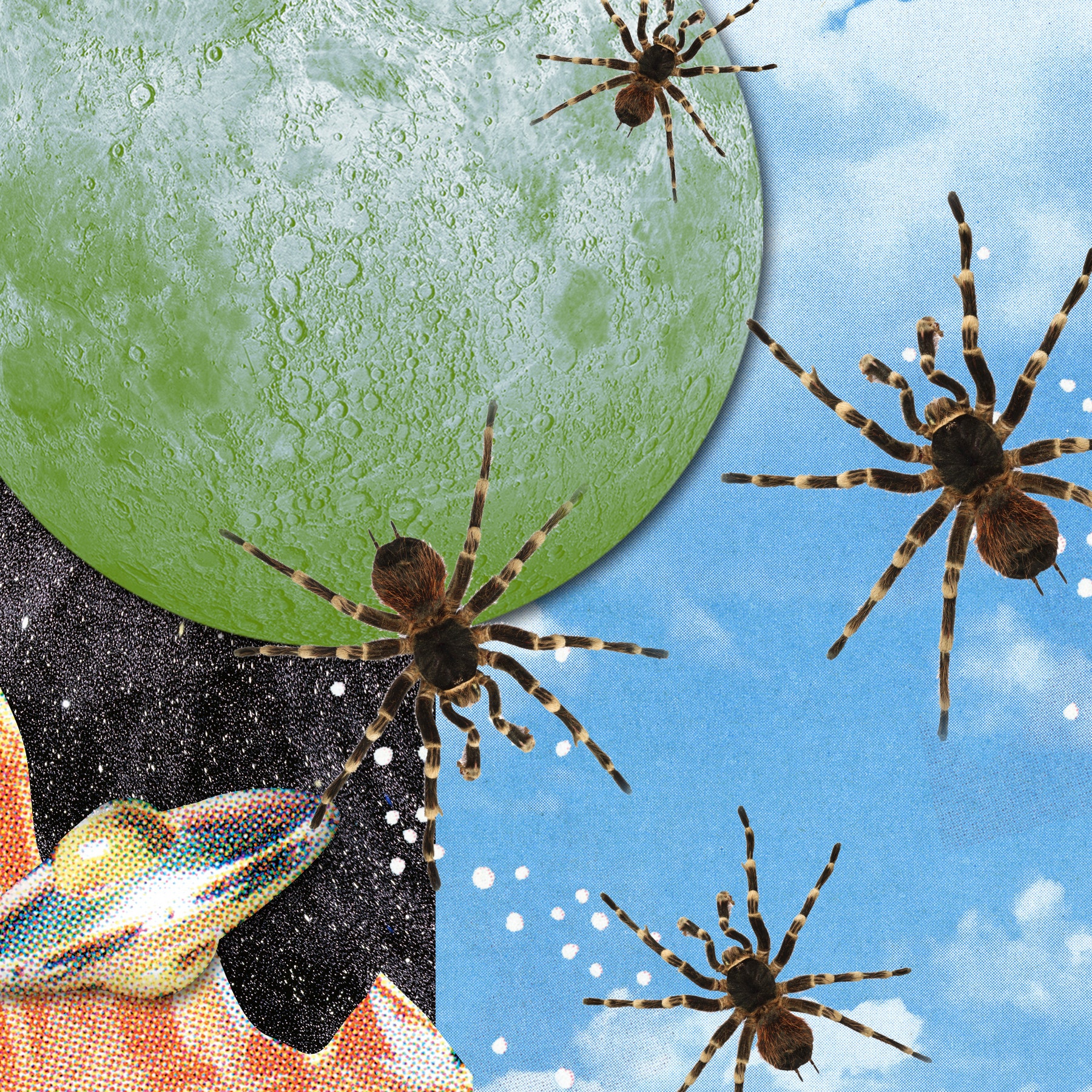Where Are The Seven Deadly Sins In The Bible
Where Are The Seven Deadly Sins In The Bible
The Seven Deadly Sins are the most well-known list of sins in Christianity. They can be found in several places throughout the Bible, but they’re not always called by that name or listed exactly as they are today.
Pride
Pride is the root of all other sins. It causes us to think we are better than others, or even better than God himself. Pride is the sin that makes us think we are special and better than everyone else. The Bible mentions pride specifically in three different places:
- Proverbs 6:16-19: “There are six things which the LORD hates, seven which are an abomination unto him: haughty eyes, a lying tongue, and hands that shed innocent blood… A proud look, a lying tongue…”
- 1 Peter 5:5-6a: “Likewise ye younger [brethren], submit yourselves unto the elder [brethren]; yea [even] all [of you], yield yourselves unto [them], for it is good and acceptable in the sight of God.” (CSB)
Greed
Greed is the desire for material wealth and power. It’s also known as covetousness. Greed is a form of idolatry—it’s when you put your trust in something other than God. Greed is considered to be the root of all evil, which means that it can lead to other sins like envy, gluttony and sloth among others. In addition to being a sin against God, greed is also a sin against yourself—if you’re greedy then you’ll never have enough money or possessions because every time one thing gets satisfied another desire will appear in its place! The opposite of greediness is generosity: sharing what we have with others without expecting anything in return (Matthew 5:42).
Sloth
Sloth is the most common deadly sin, and it’s a failure to act. Sloth is the opposite of diligence, zeal and industry. The Bible says that slothfulness leads to destruction (Proverbs 19:15). The Hebrew word for “sloth” means forgetful or unmindful. It’s not really a word that we use very often in our daily lives because it doesn’t have many synonyms in English—but if you think about what laziness feels like, you’ll understand why this is so important!
A person who has committed a sin of sloth may not always realize what he has done wrong until he experiences negative consequences as a result of his actions (or lack thereof). For example, if your husband comes home late from work again one night without calling ahead to let you know why he was delayed or where he was going after work—this could be considered an act of sloth on his part because he didn’t fulfill his duty as a husband by letting his wife know where he was going after work (especially since she worries about him being late).
Wrath
The sin of wrath, or anger, is the second most-often cited of the Seven Deadly Sins. Anger is a sin because it is a sign of weakness and pride. When we become angry with someone or something, we are making them our enemy and putting ourselves in direct opposition to God. This type of behavior indicates that we do not trust God to act according to what He knows best for us—it’s like telling Him that you know more about what’s good for you than He does!
Further evidence for wrath being considered one of the Seven Deadly Sins comes from Jesus Himself: in Matthew 5:22, He states that “whosoever shall say I am angry with thee without cause shall be in danger of hell fire” (KJV). While this may seem harsh on its face, it makes sense when you consider how often anger can lead us down paths outside God’s will.
Lust
Lust is the desire for someone else’s sexual partner and is considered a form of idolatry.
- Lust refers to a strong, even obsessive, affection for one’s own sex or gender (the opposite of which is called “love”).
- Lust is also often associated with immorality, or what many people consider immoral behavior. In this sense, lust could be thought of as “sinful” longing. This idea can be found throughout much of Christian literature; however, it was not an original concept but rather borrowed from other religions such as Greek philosophy (which in turn were based on Zoroastrianism).
In the Bible:
“For all that is in heaven and on earth is God’s.” — Ecclesiastes 3:11 (NIV)
Gluttony
Gluttony is the overindulgence in food and drink. It can be a sin that is often associated with the sins of greed and lust. The Bible doesn’t specifically mention gluttony as one of the seven deadly sins, but it does reference some behaviors that are similar to this vice:
- Proverbs 23:19 says, “Do not eat the bread of a man who is stingy.” This verse implies that people who are stingy might also be greedy, so they’d likely be guilty of gluttony as well.
- Matthew 6:25-29 tells us how people should not be wasteful or wasteful with their food. These verses imply that those who waste their food may also waste it on other things (like alcohol), which could lead them into other vices like greed and lust—both of which fall under the category of gluttony.
Envy
The Bible lists envy under the sin of pride. The Hebrew word for envy is “ginah,” which means to be jealous or envious of something another person has. Envy is considered one of the most destructive sins because it can lead to hatred, violence, and in some cases theft. It’s also one of the deadly sins because it can lead you down a road that leads away from God and towards destruction.
The Seven Deadly Sins are not necessarily associated with any one book in the Bible.
The Seven Deadly Sins are not necessarily associated with any one book in the Bible. In fact, they’re not even mentioned by name. The seven sins in question are: pride, greed, lust, envy, gluttony and sloth. They were first identified by Evagrius Ponticus (c 333 – 399 CE).
However, there is some debate as to whether these sins were intended as an “official” list that all Christians should adhere to or merely a reflection of some of the teachings from early Church Fathers.
The Seven Deadly Sins are not necessarily associated with any one book in the Bible. However, they are mentioned repeatedly throughout its pages and have been used for centuries as a way to guide people away from bad behavior towards God’s will.


